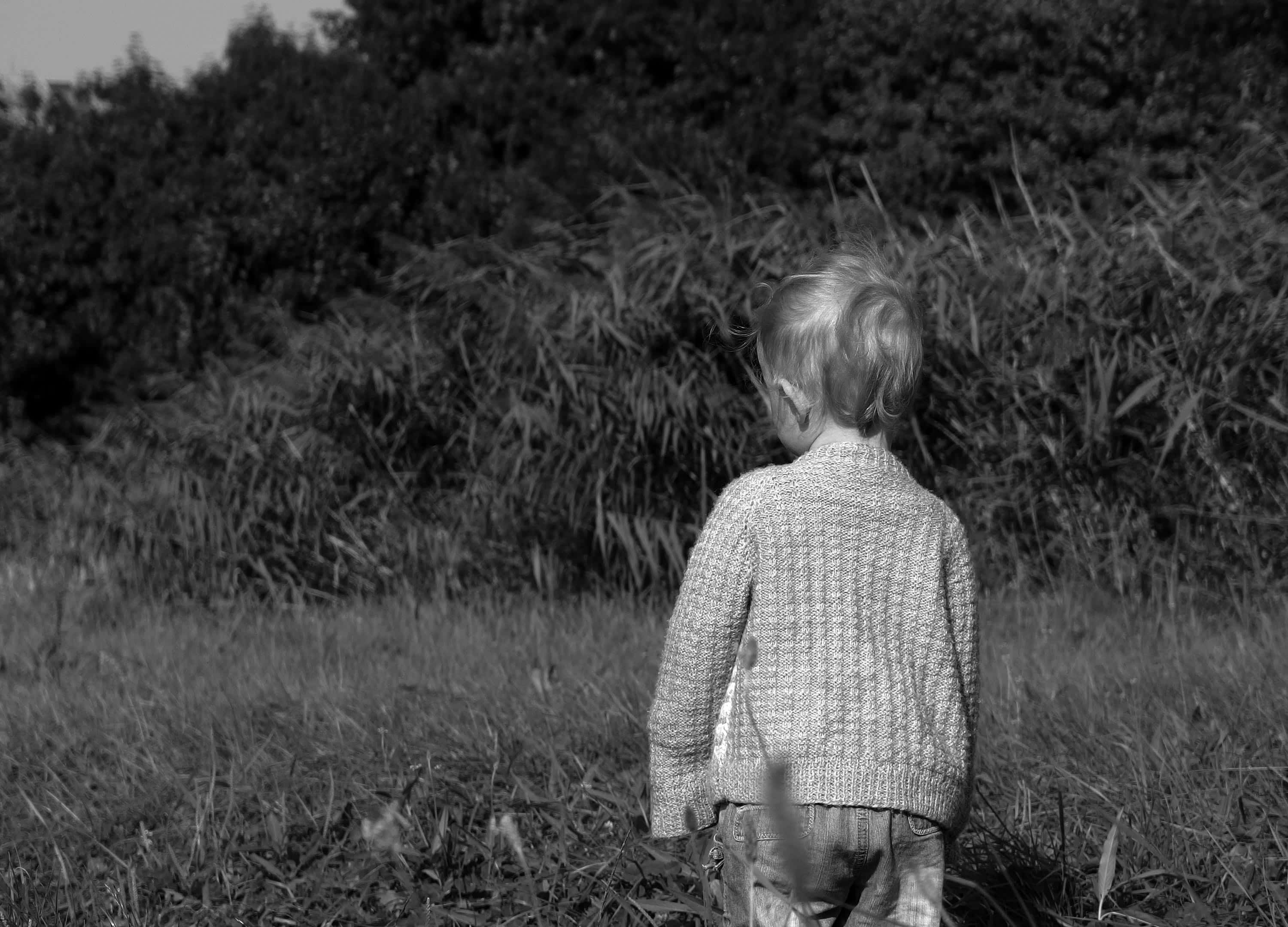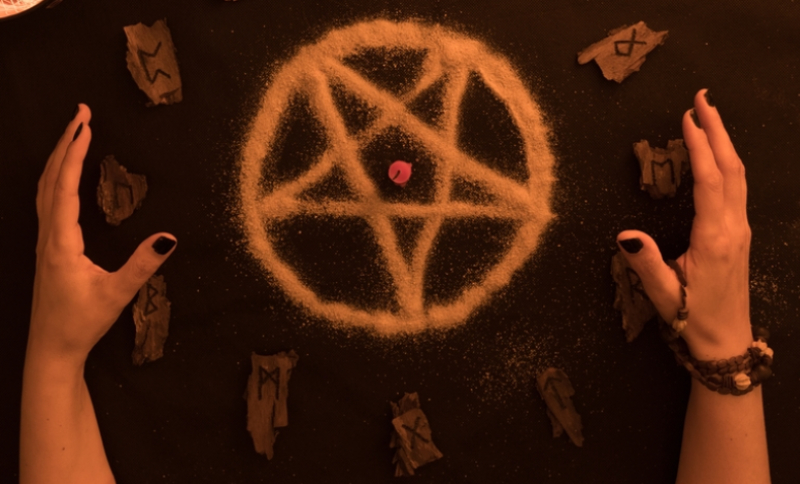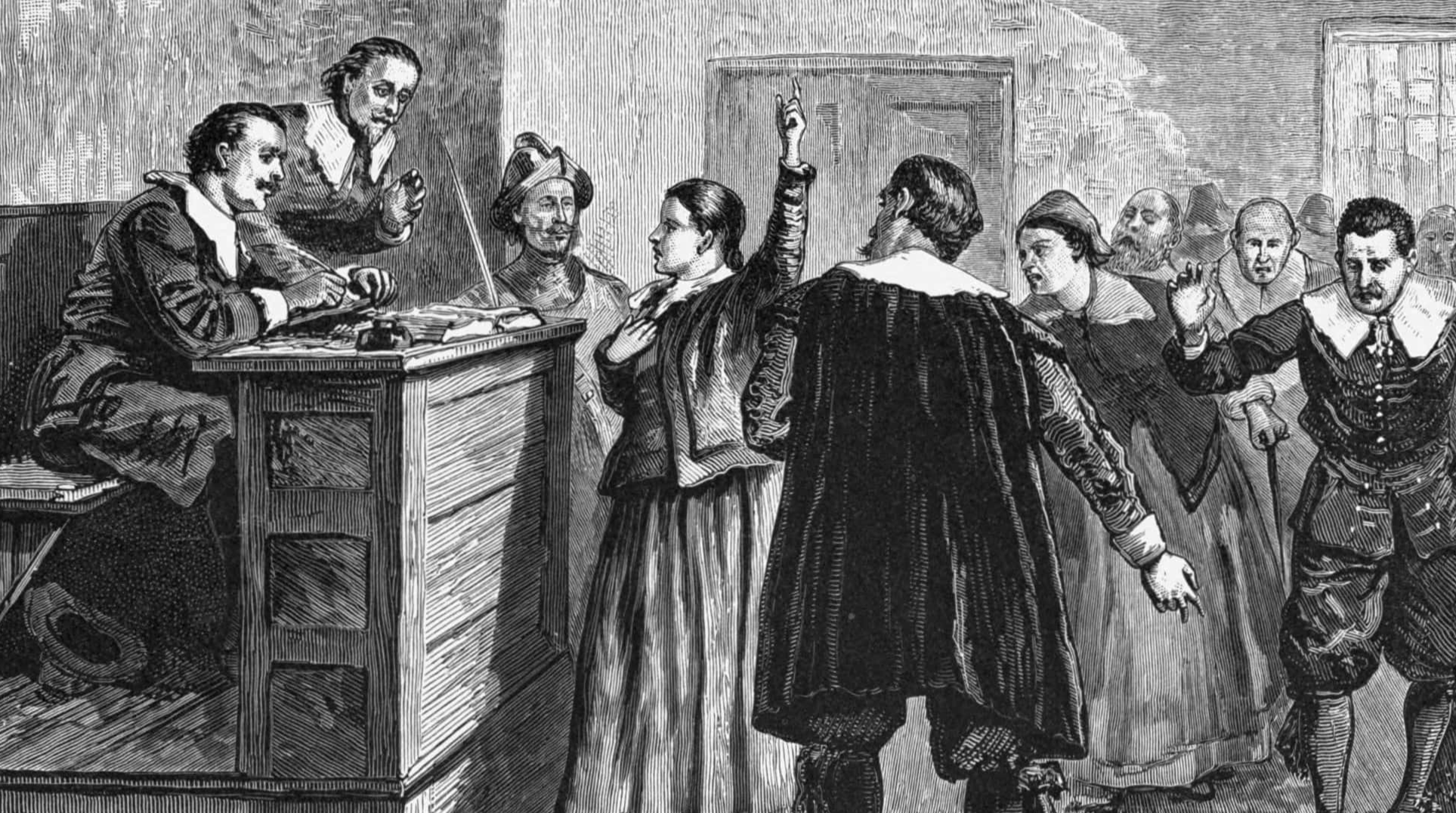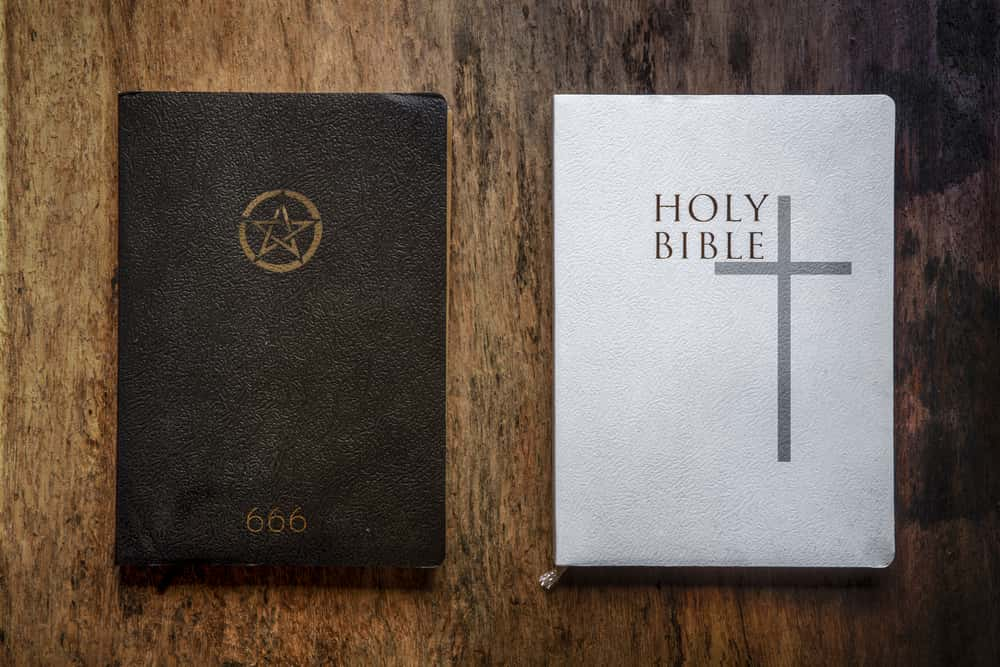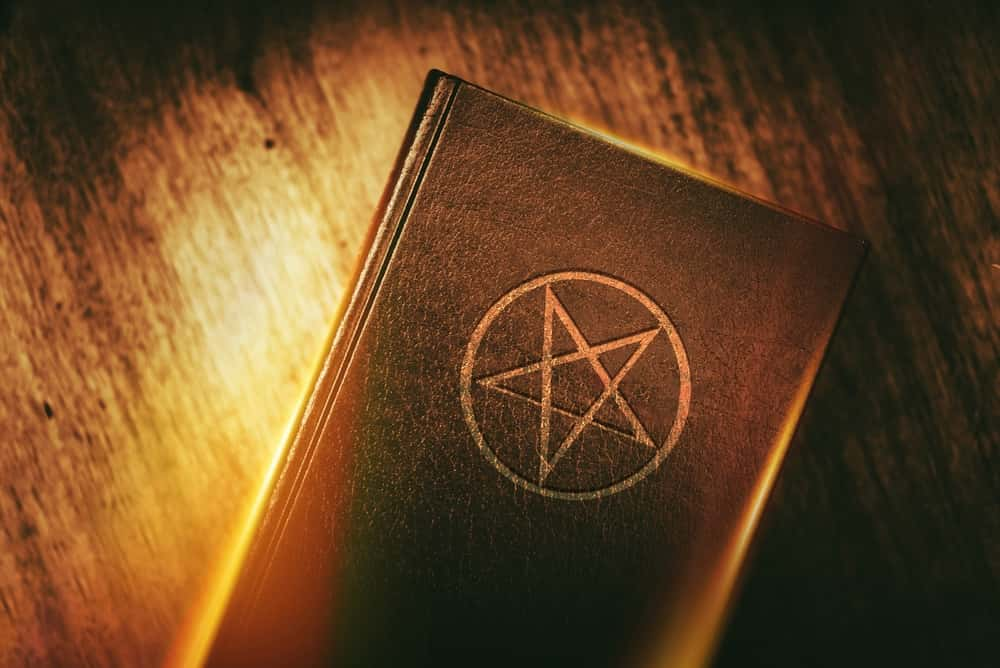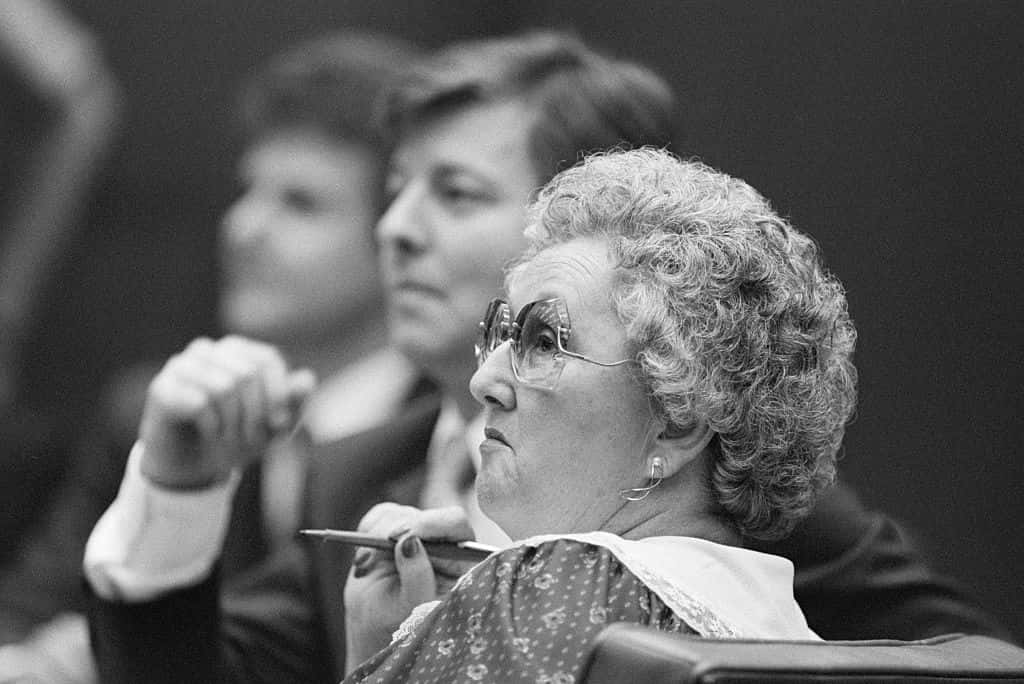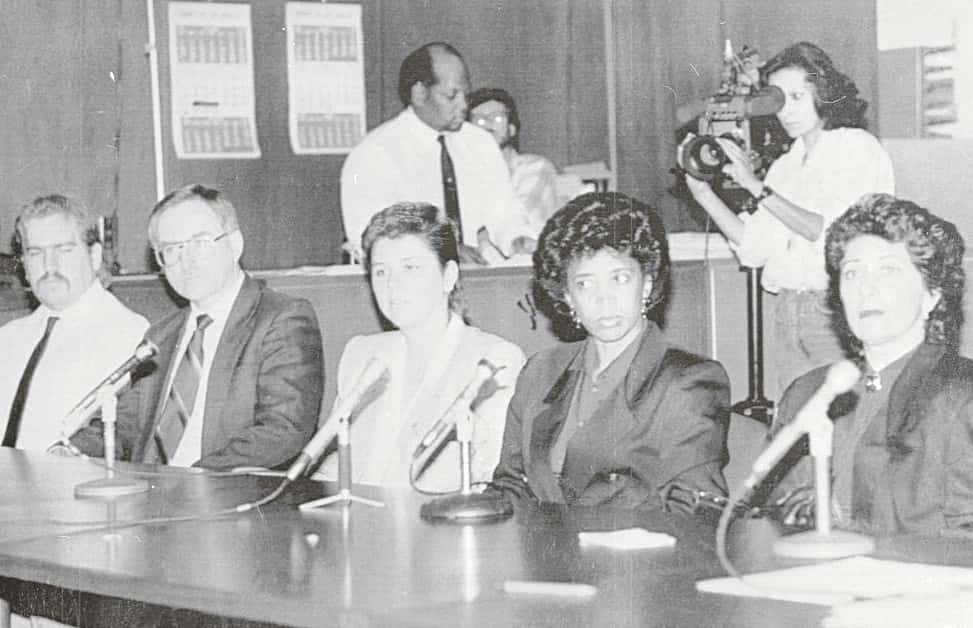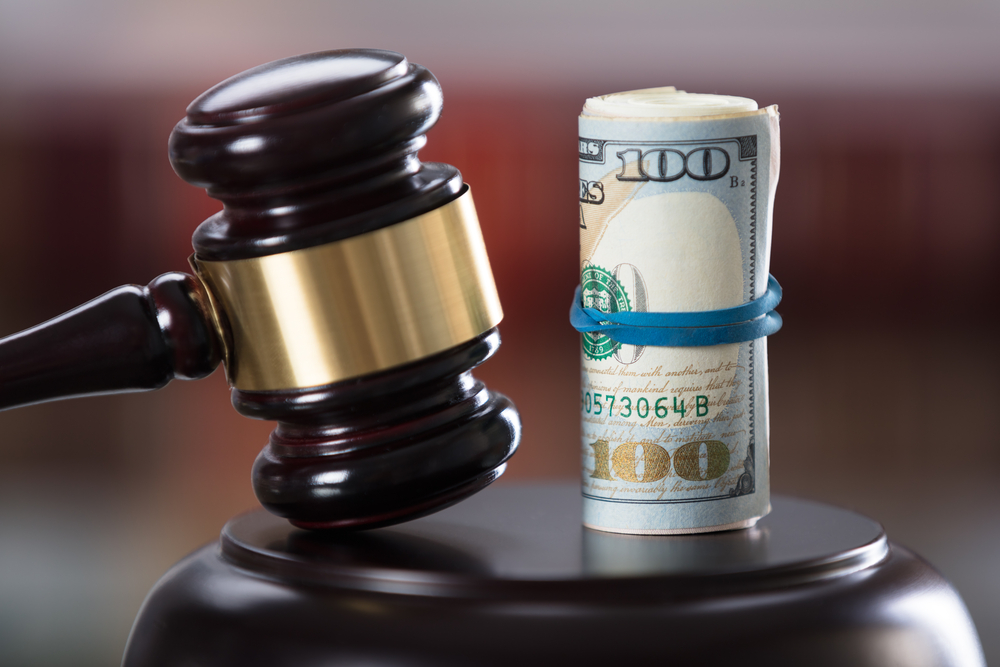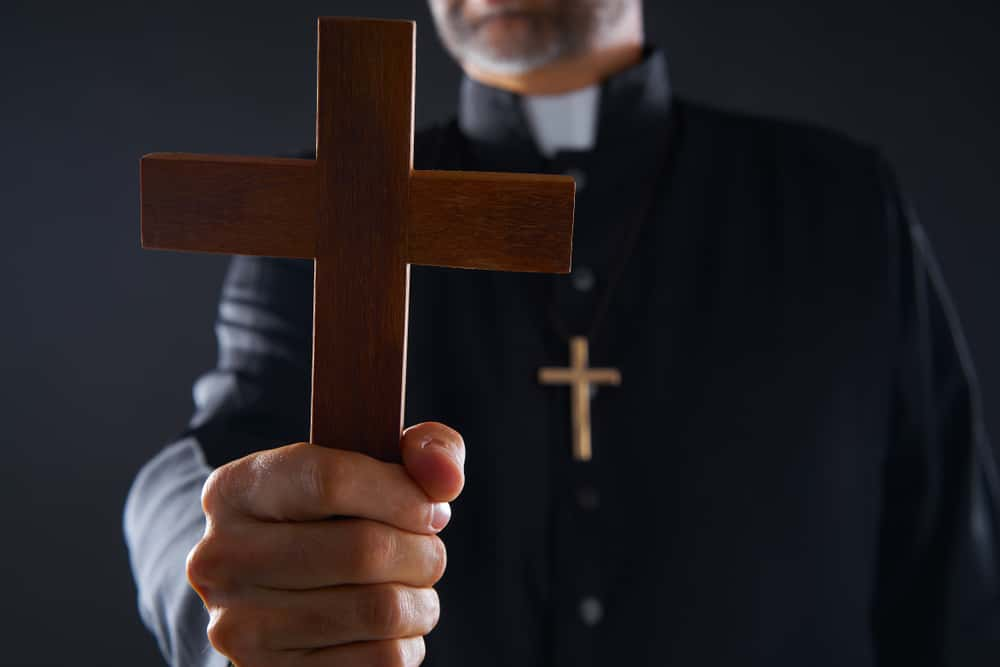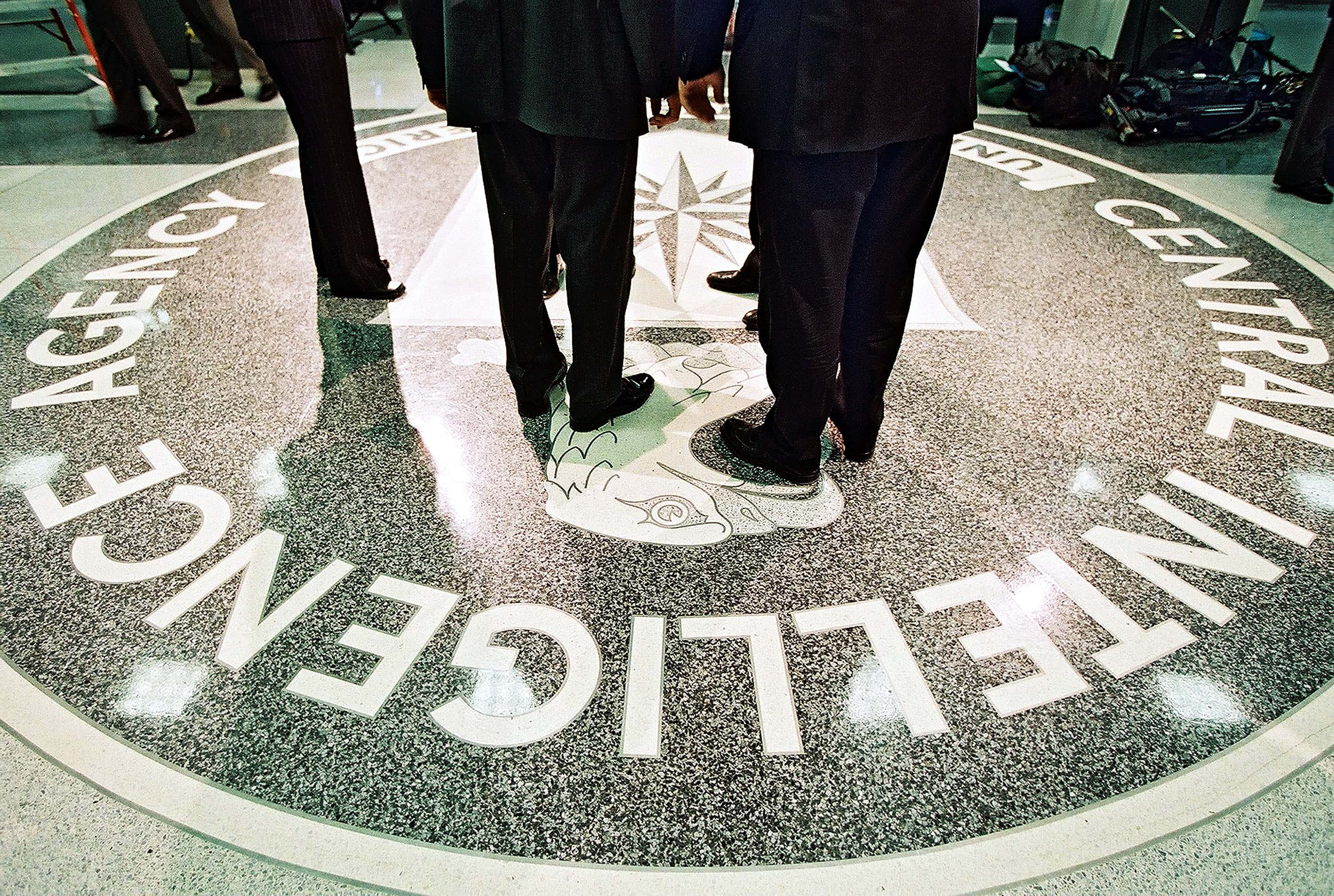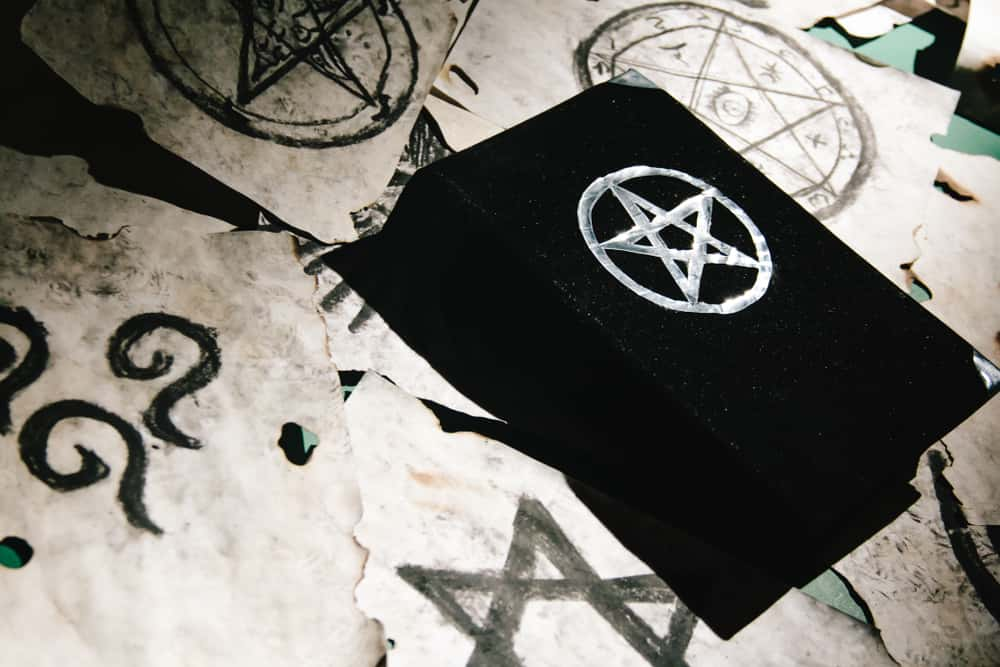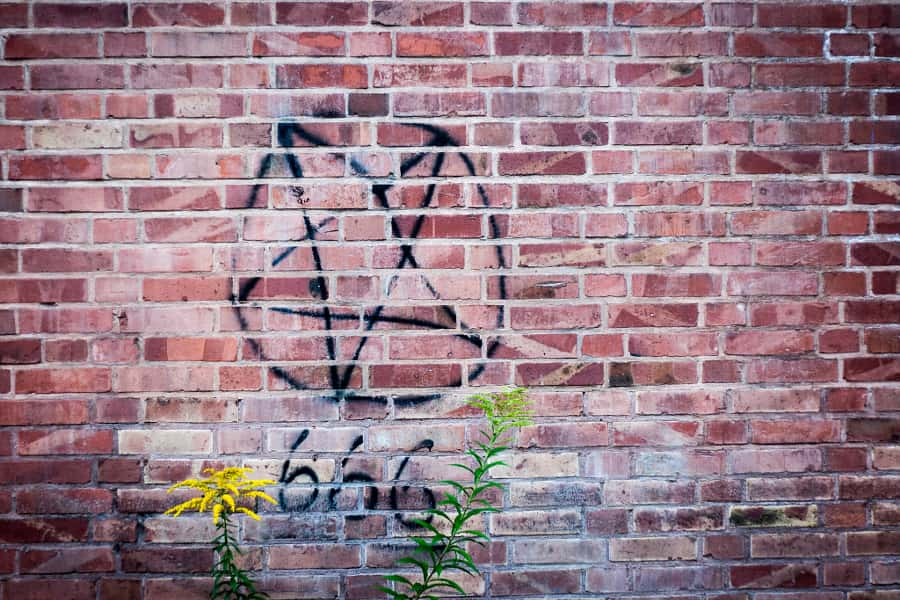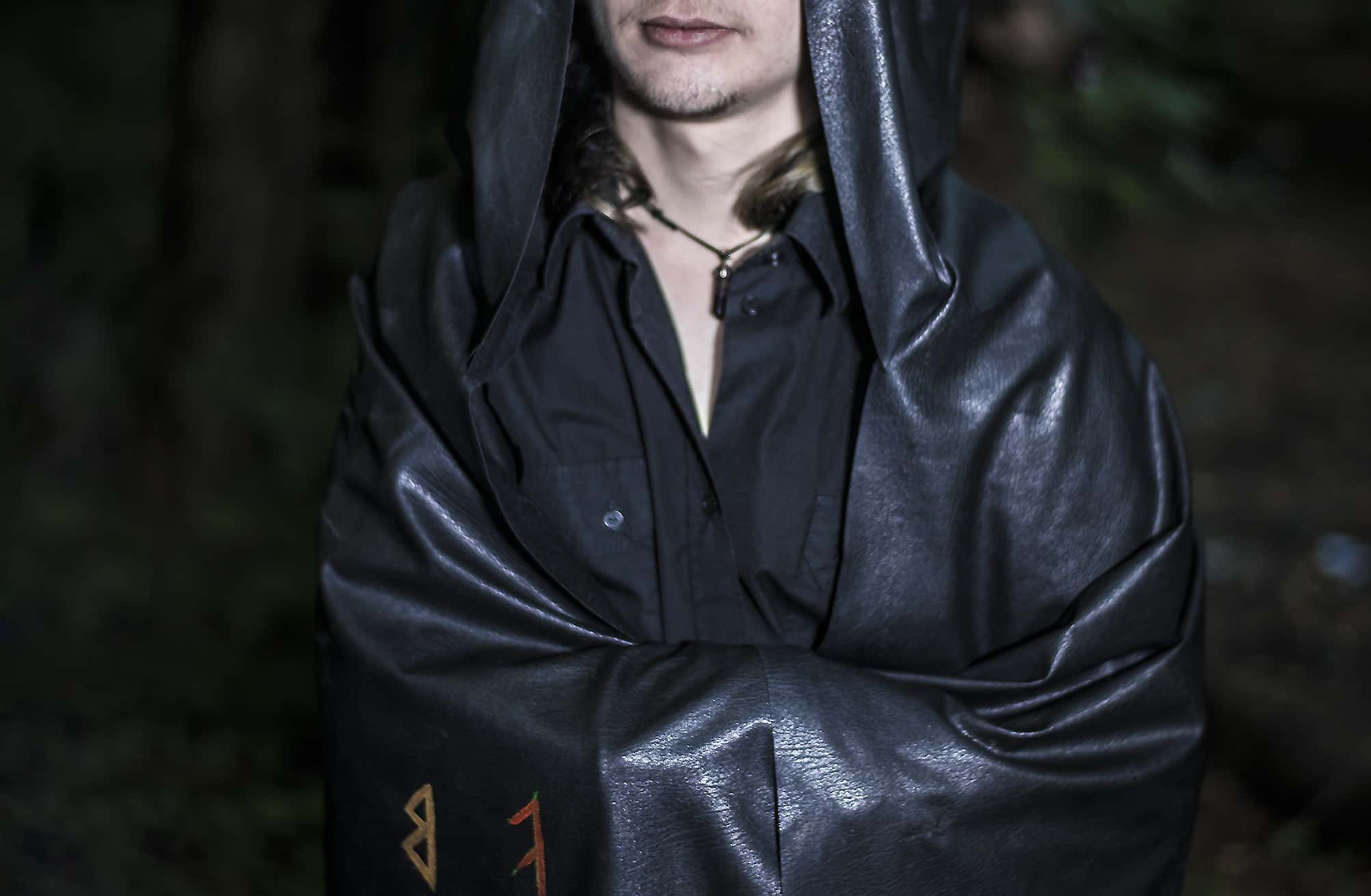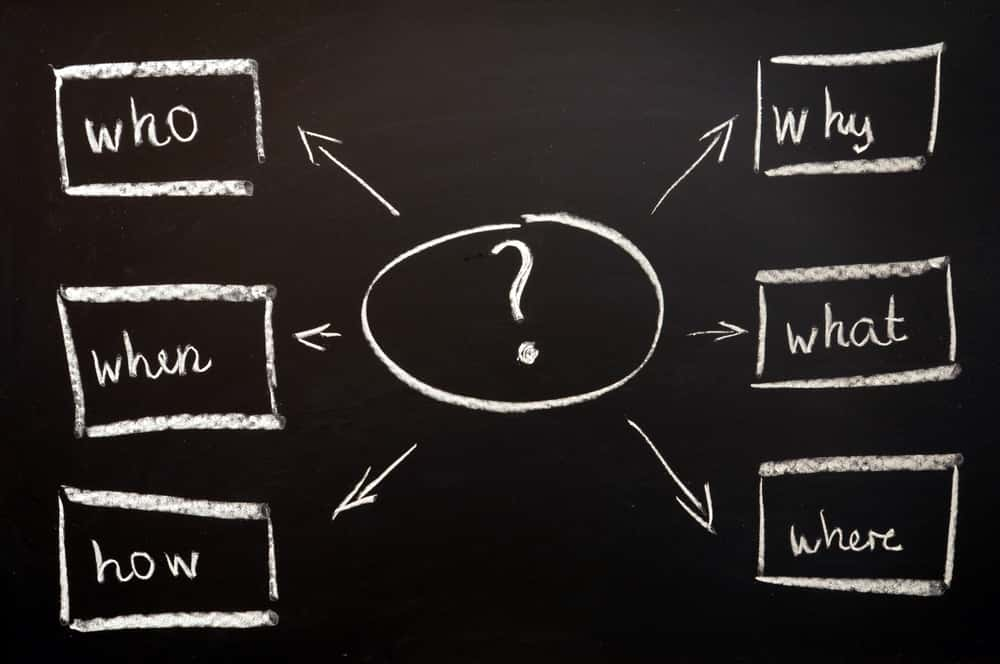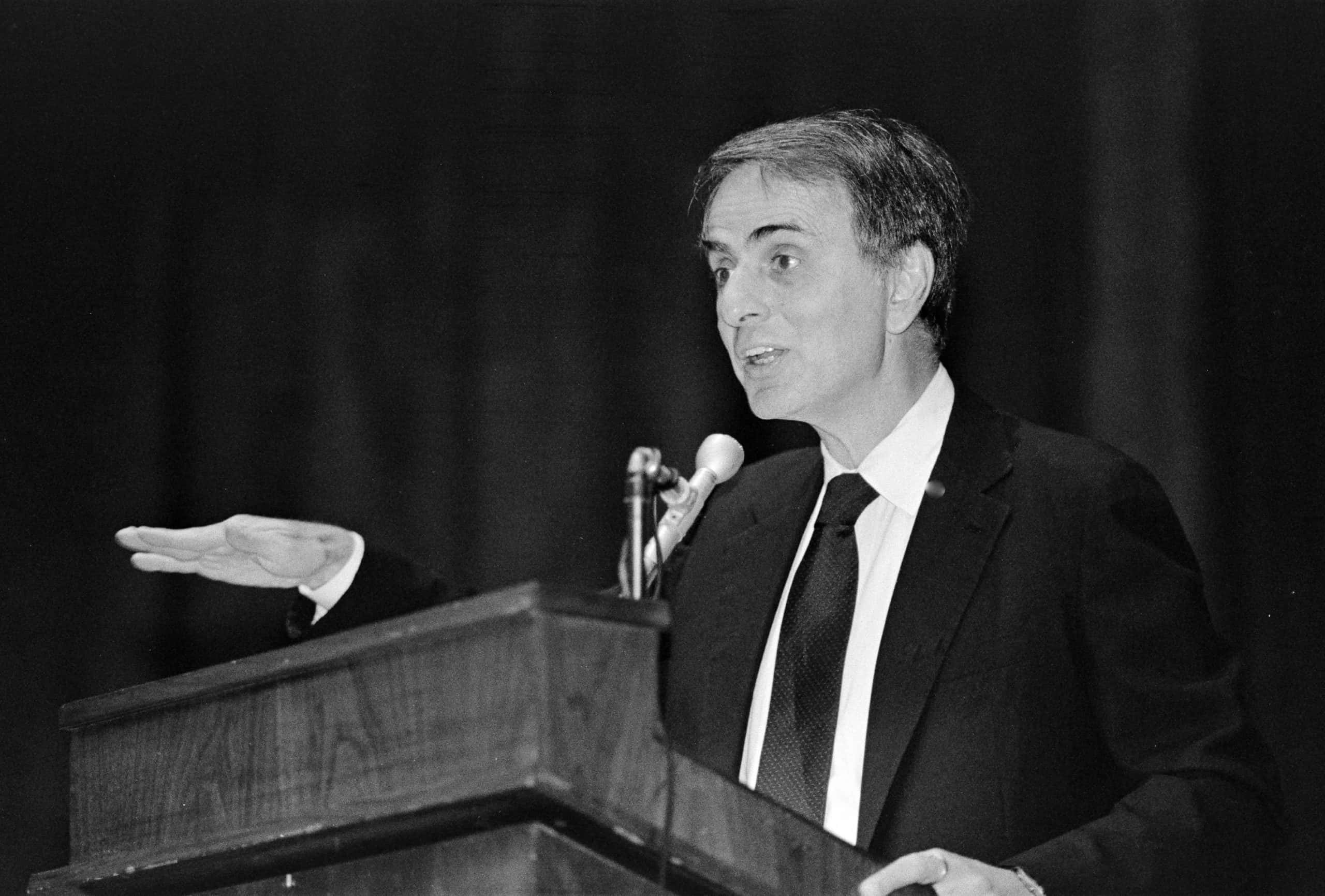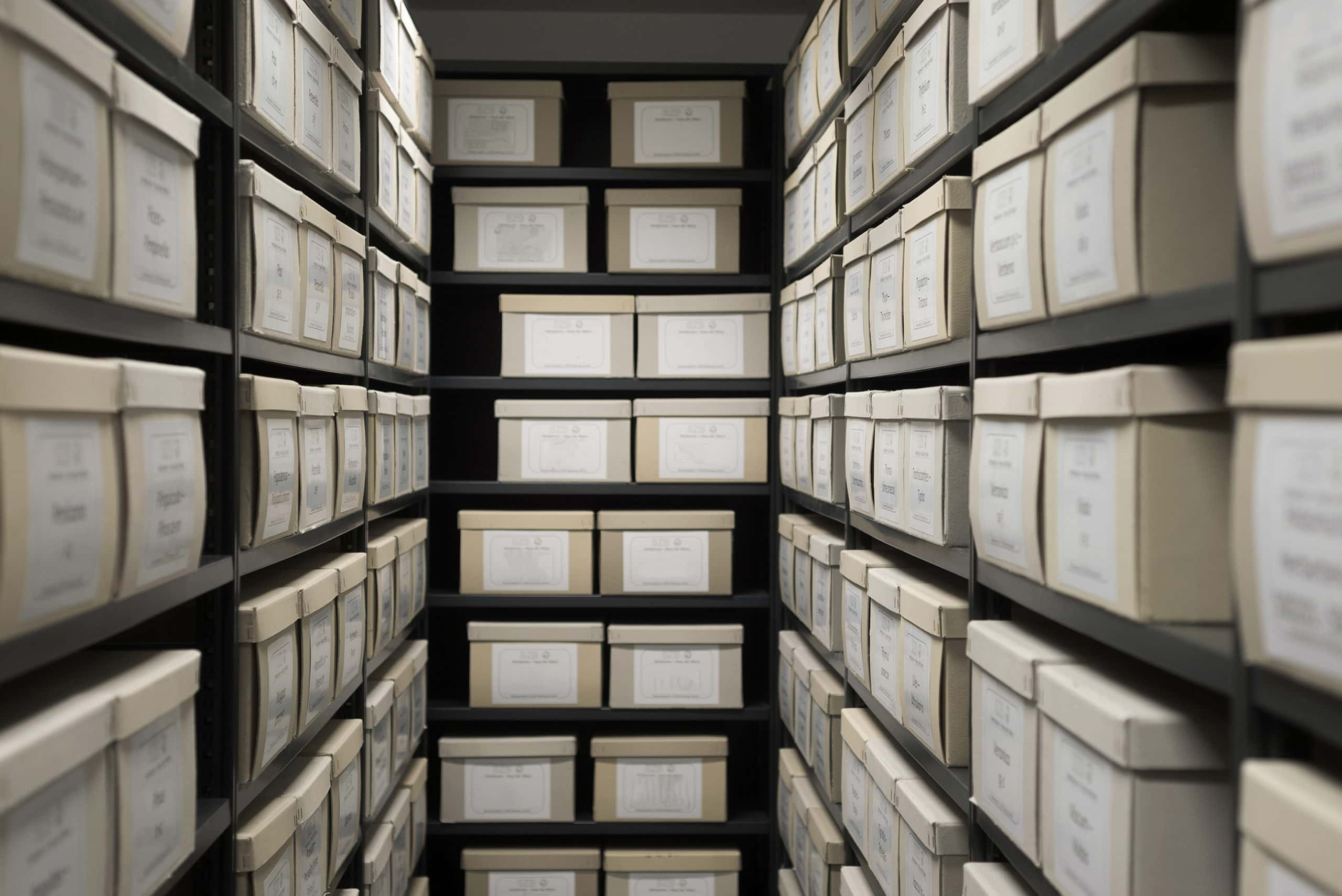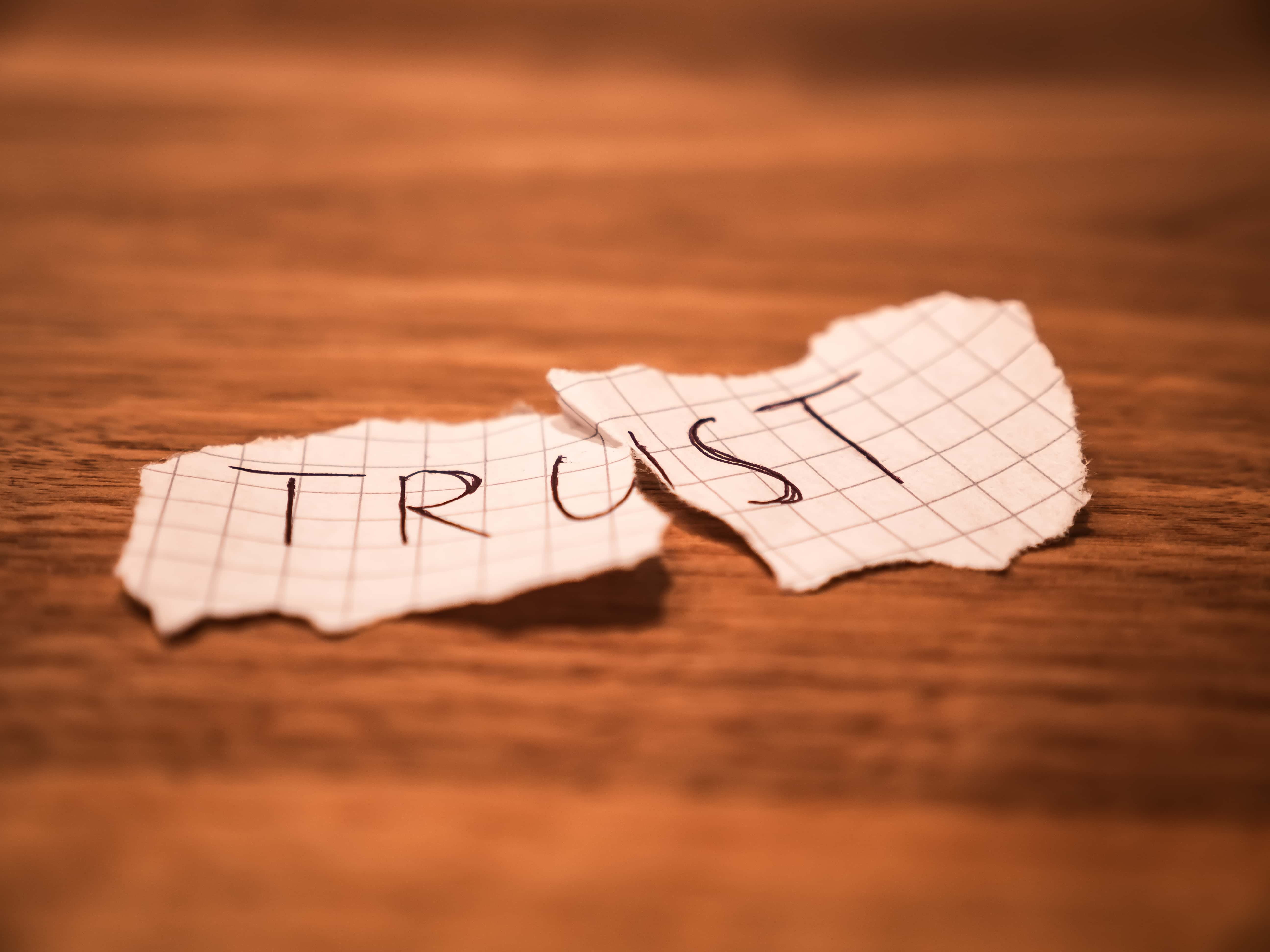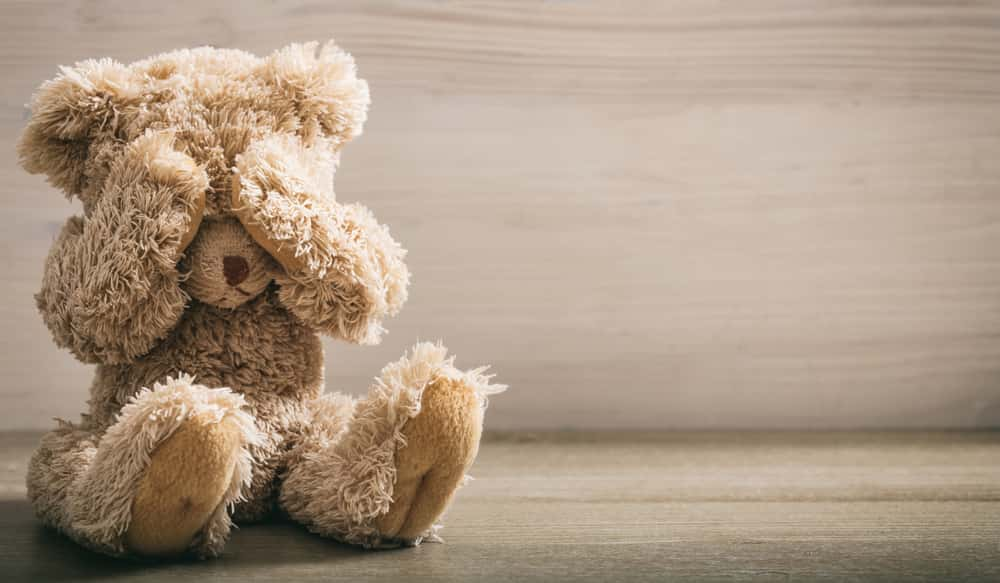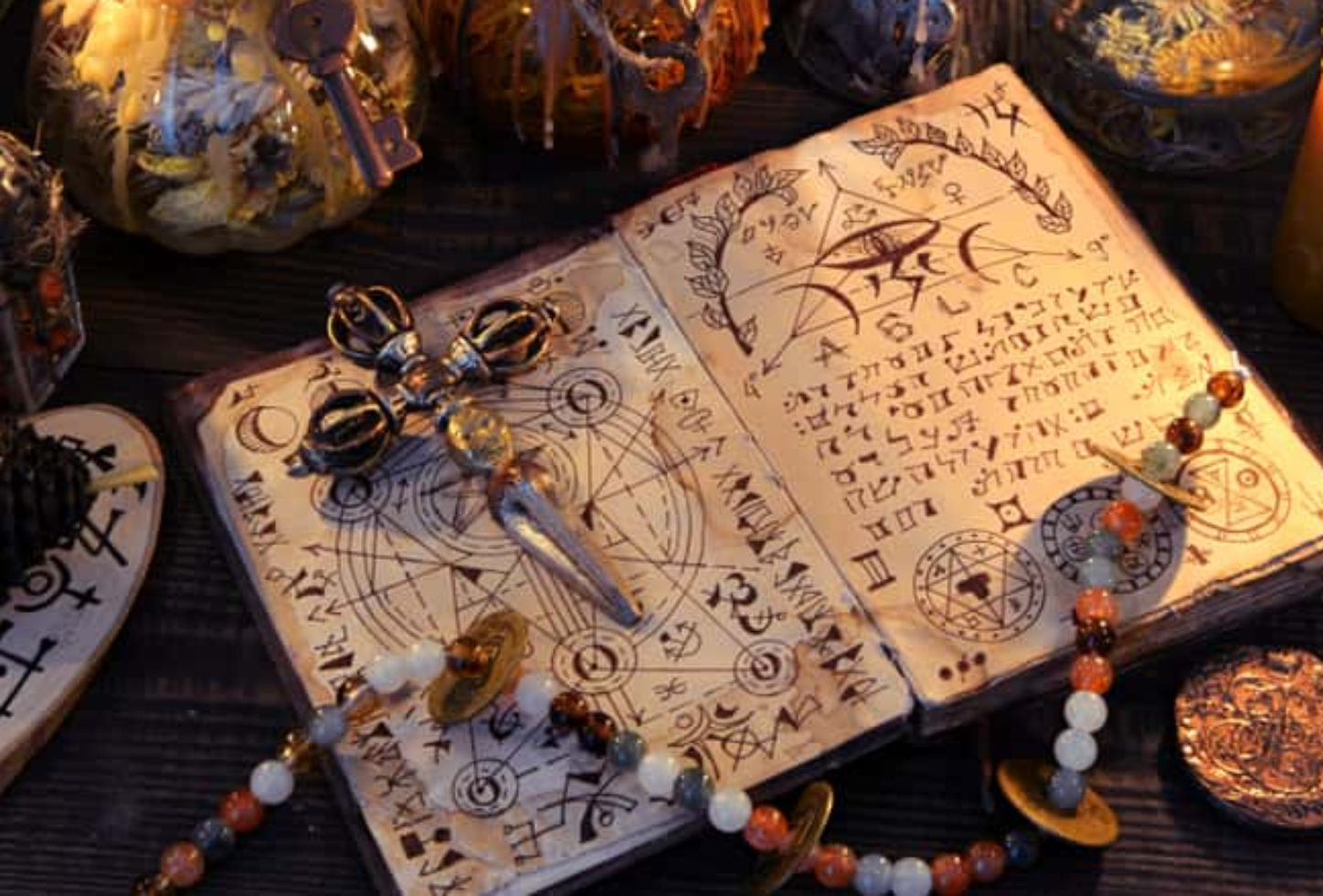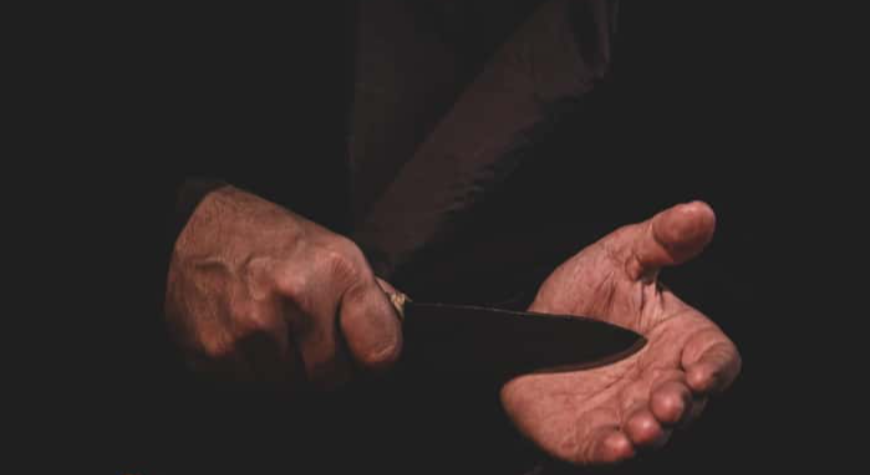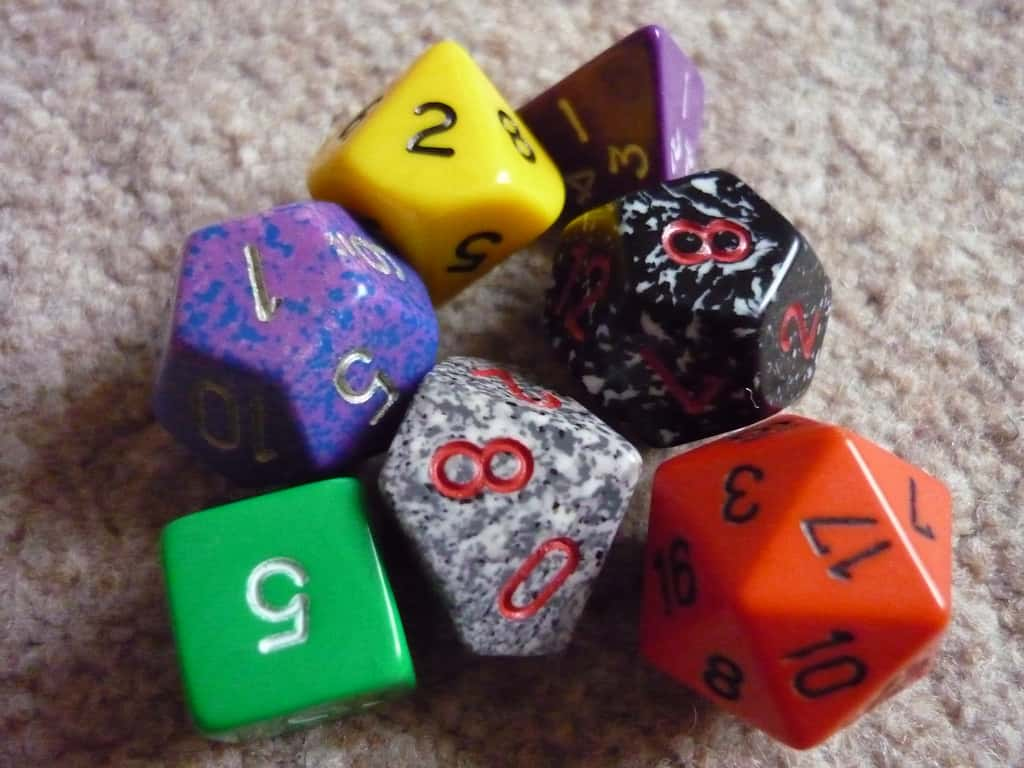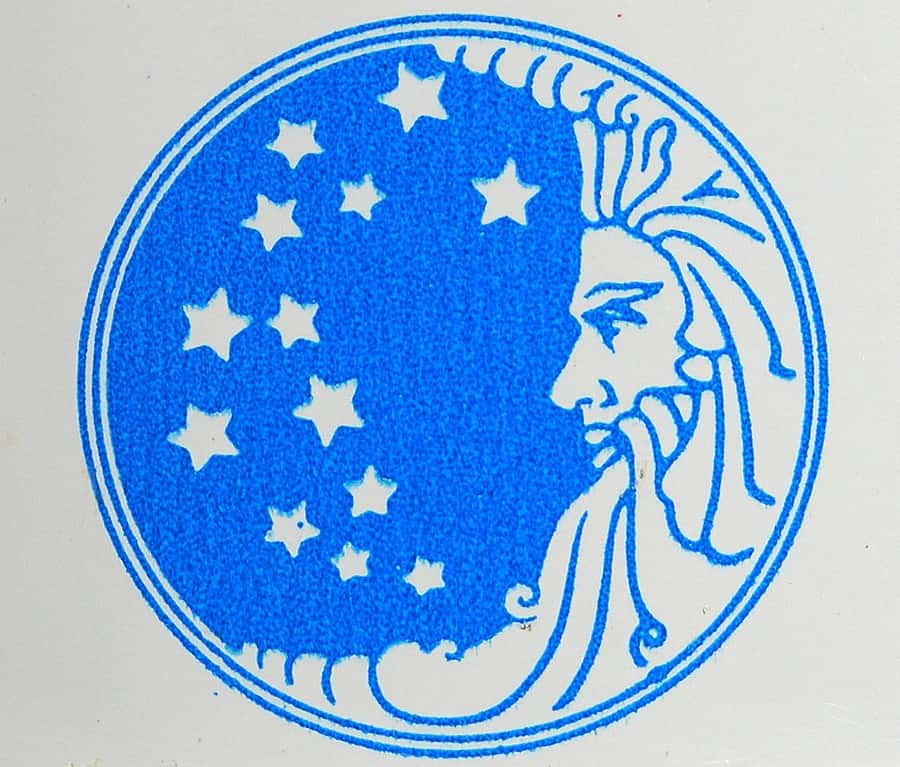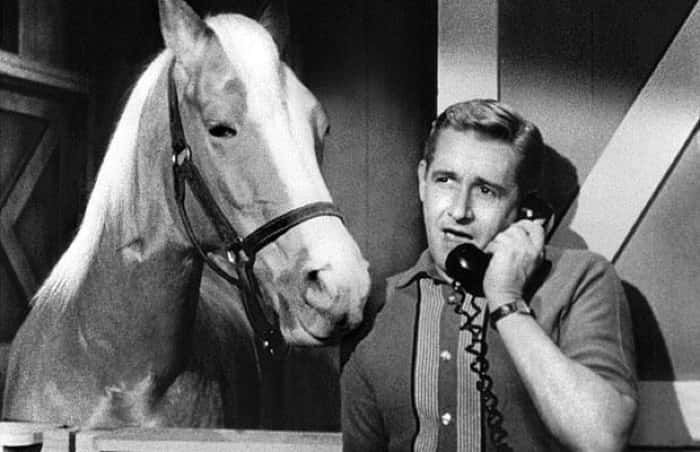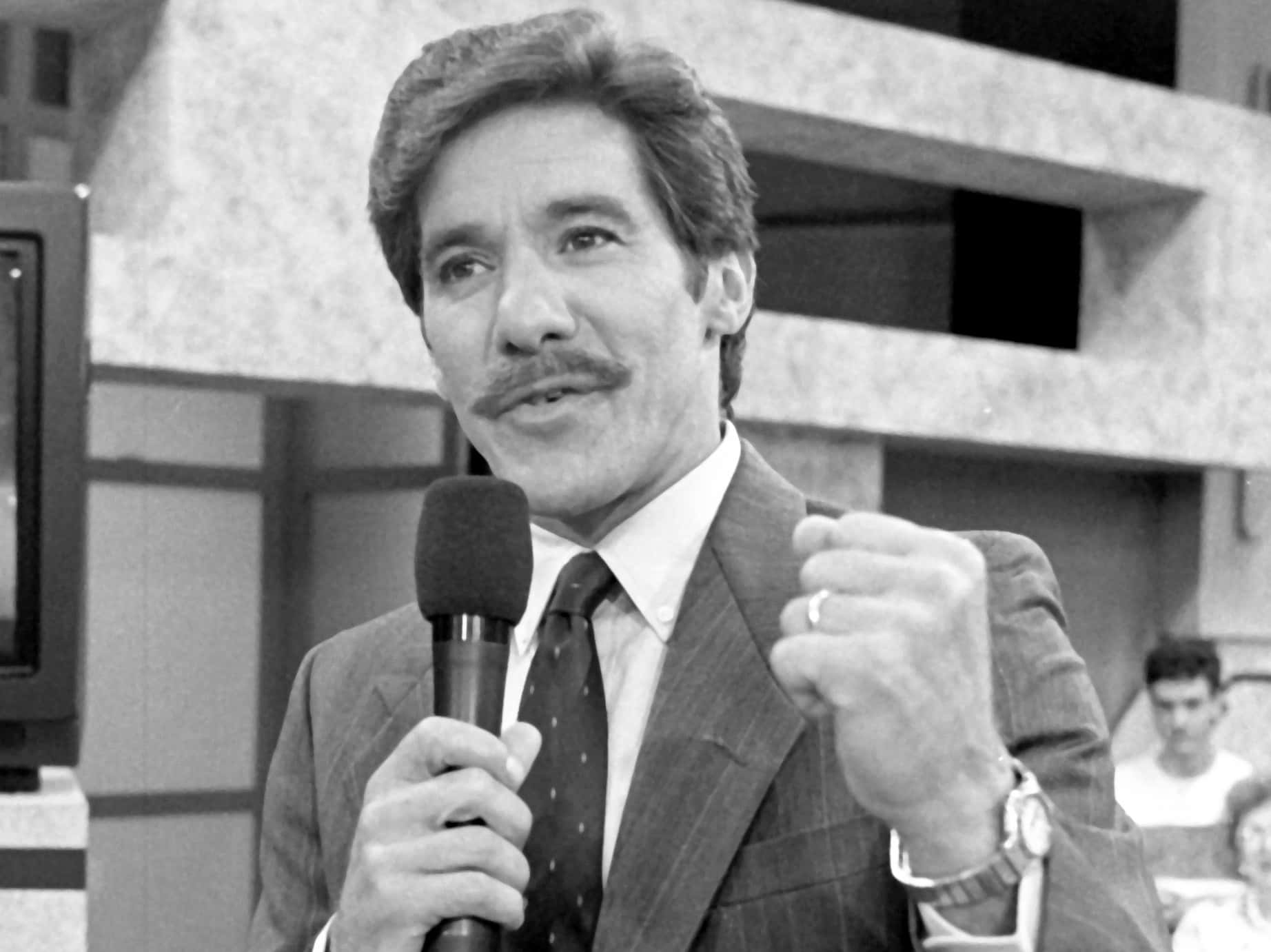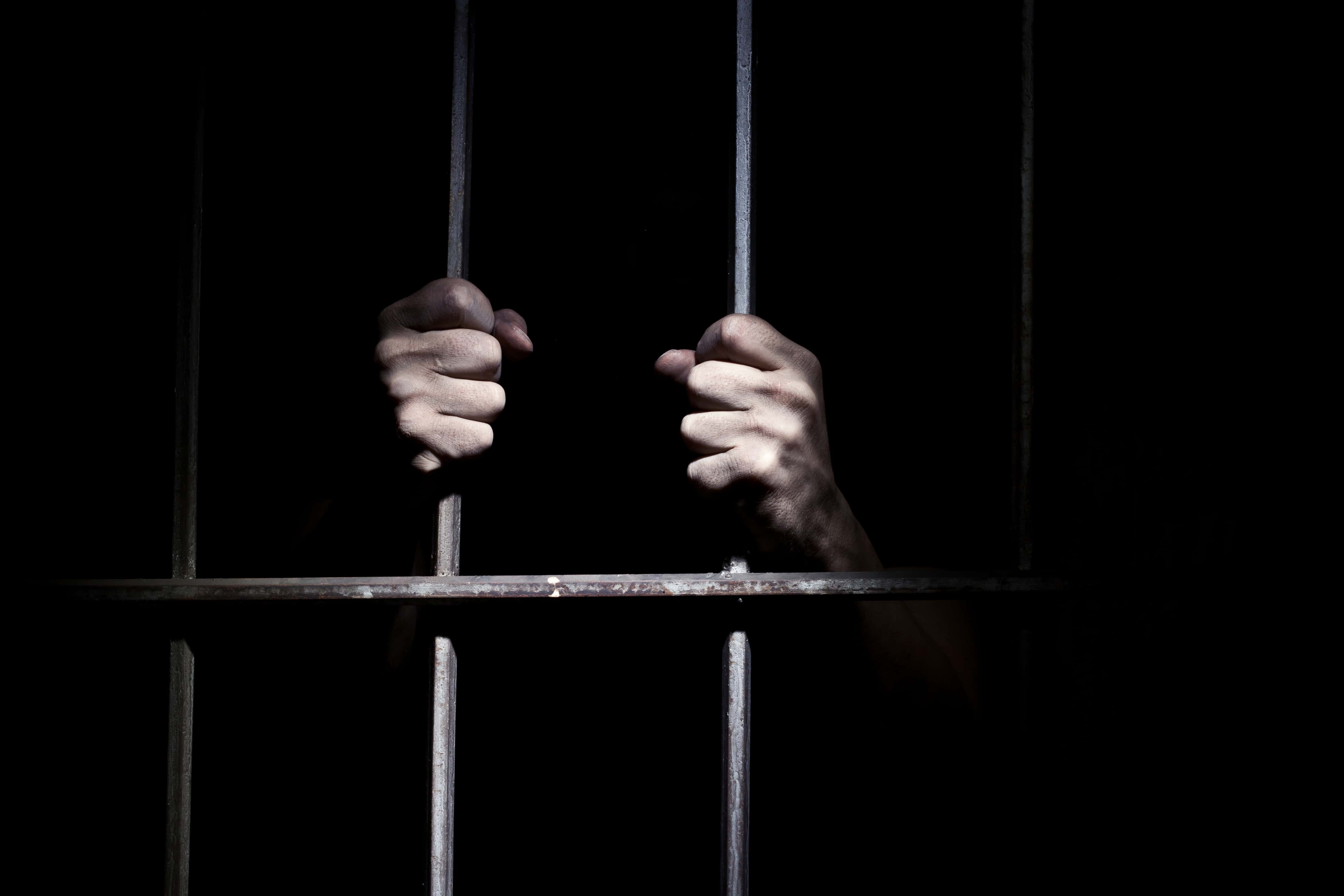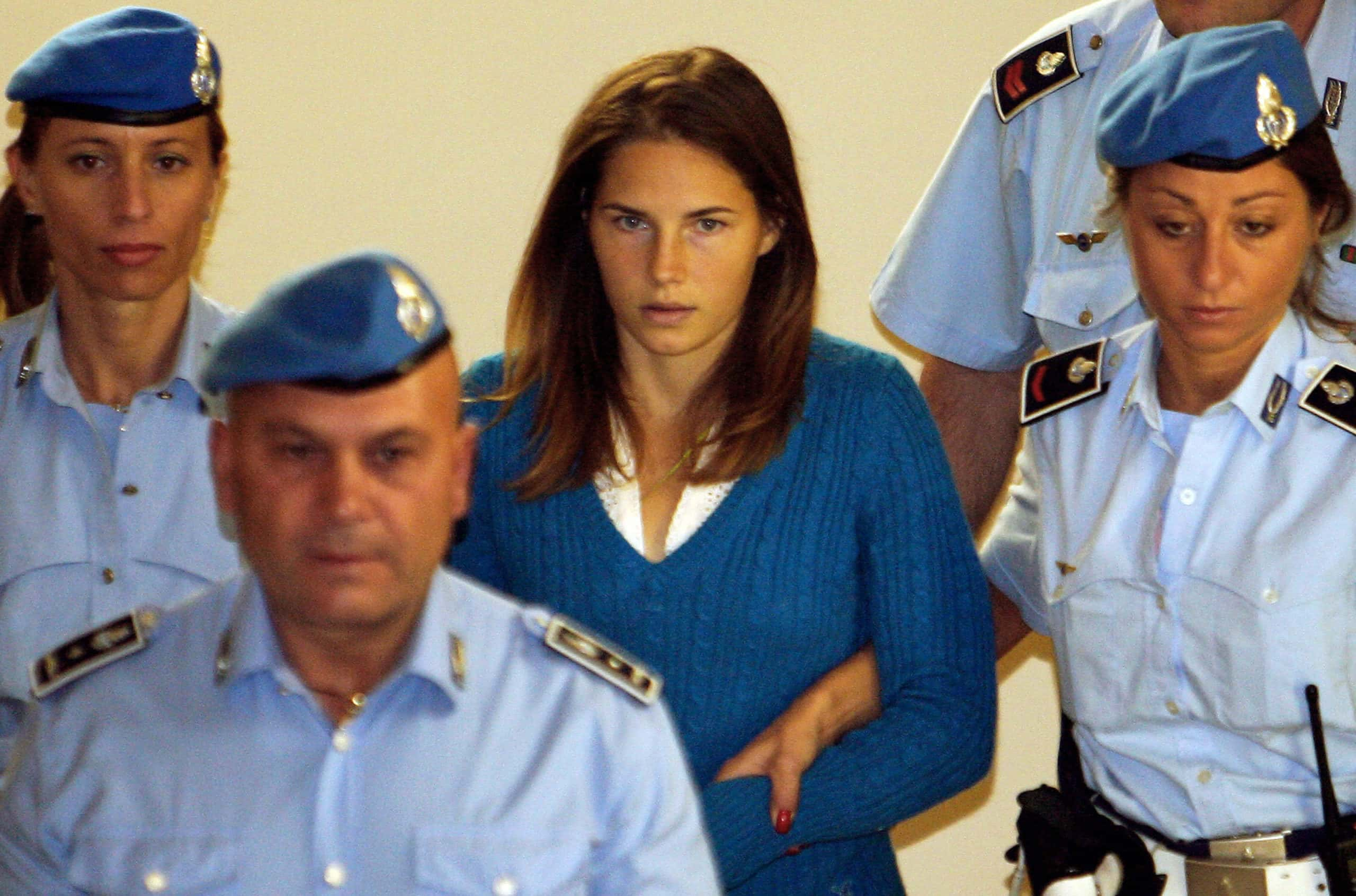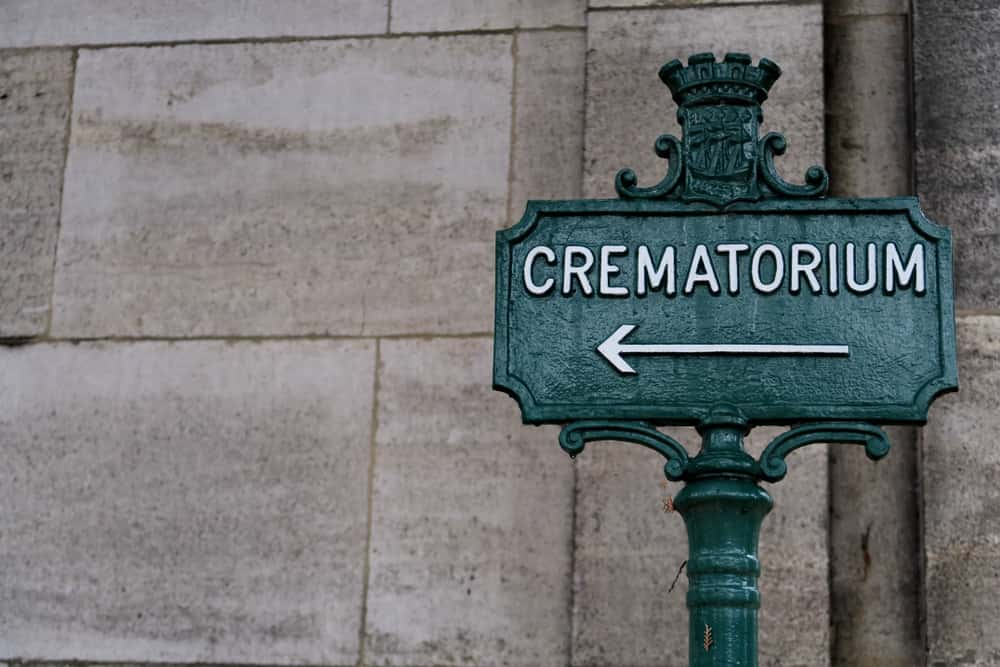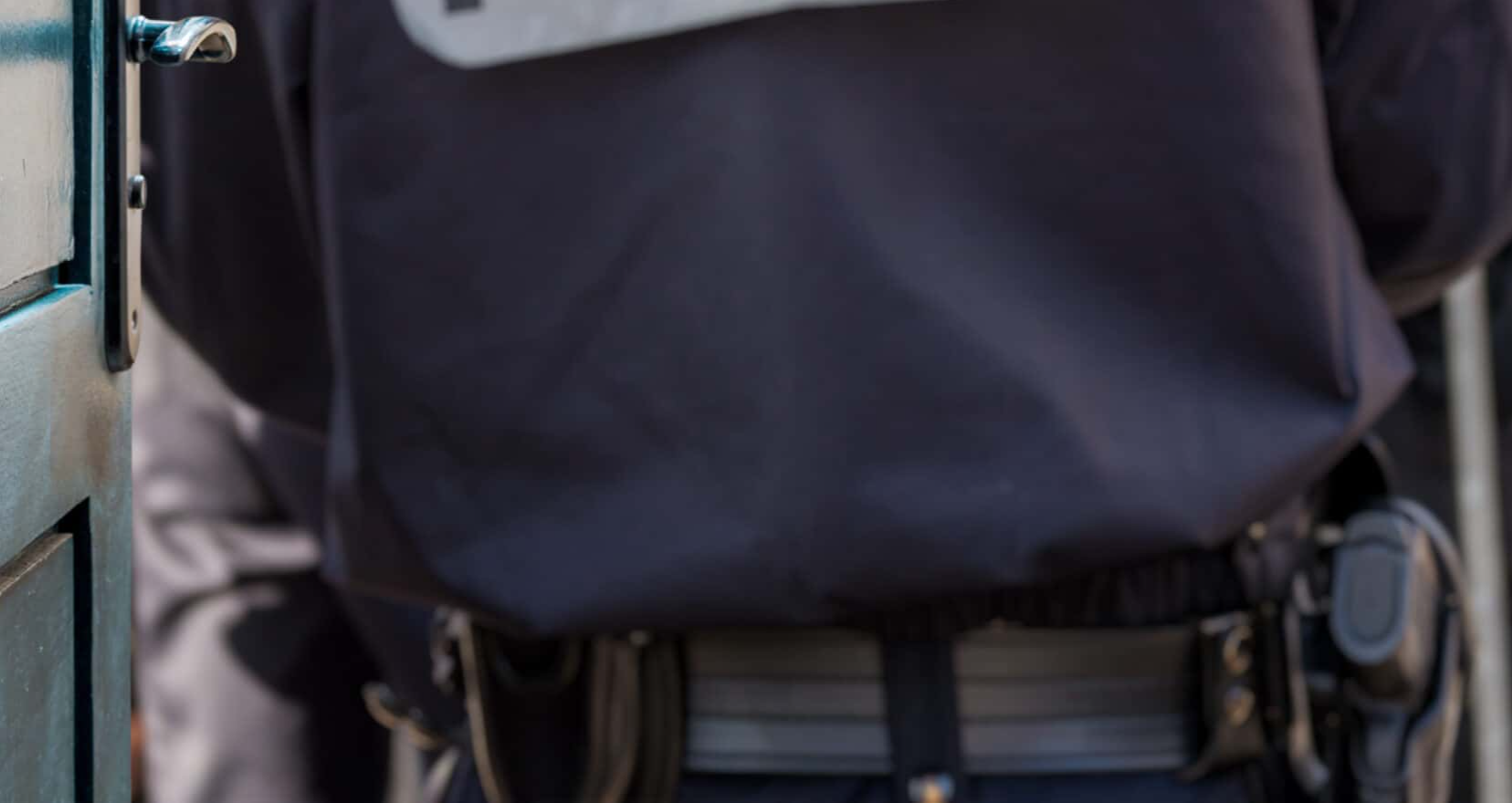The ‘80s and early ‘90s were a turbulent time for America. There was the crack epidemic, offence was on the rise, and the liquidation rate was at an all-time high. Things were scary, and it looked to the country like everything was falling apart. Maybe this is what made it so easy for a pervasive moral panic to grip the United States.
Satanic panic came from the fear around what was referred to as Satanic ritual exploit —or SRA. These were accusations of exploit leveled—often at daycare centers and preschools—at those suspected of performing the exploit in the service of Satanism or devil worship.
While it seems crazy now, the country was caught up in a sweeping moral panic. Despite the fact that none of these claims could be substantiated and were widely disproven, they were treated as very real in the ‘80s and ‘90s, leading to families and communities being torn apart.
The panic resulted in rampant discrimination and injustice for those affected. Here are 43 horrifying facts about the cultural phenomena known as Satanic panic.
43. Show Me the Proof
The first national survey for investigations about Satanic panic was published in 1994. The study—published by the National Center on Child Exploit and Neglect—was based on information from district attorneys, social workers, law enforcement officers and psychotherapists. The information collected revealed that the majority of stories about Satan-worshiping cults were nothing more than tabloid fodder.
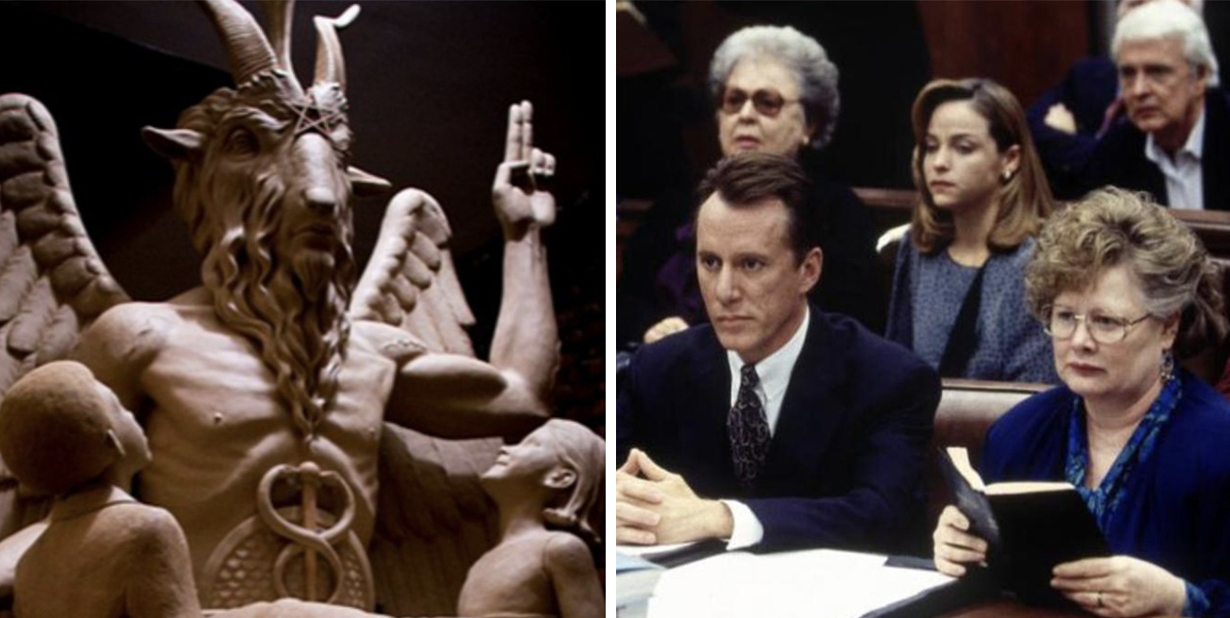
42. Bad Apples
While there was no proof that there Satanic cults who hurt children, there were lone abusers who used the idea of Satan to intimidate their victims. The survey published by the National Center on Child Exploit and Neglect points out that these were people acting alone, and generally outliers. One such example was a pair of grandparents who dressed in black robes, and used Satanic symbols before they stroked their grandchildren. These were lone criminals, and officials said there was no proof of “a well-organized intergenerational Satanic cult, who sexually molested and tortured children in their homes or schools for years and committed a series of murders".
41. Small Studies, Big Results
While the survey conducted by the National Center on Child Exploit and Neglect was the first national survey, other smaller surveys done by the Michigan State Authorities, the Virginia Offence Commission, the Office of the Attorney General in Utah and the British Government all had pretty much the same findings. They all said there was no proof this was happening on a large scale. The fact that so many studies were done really does go to show how serious Satanic ritual exploit was considered on a national and even global scale, despite the fact that most of their findings disproved their hypothesis.
40. This Sounds Familiar
If a moral panic that sweeps a nation that is based on little to no provable evidence sounds familiar, it’s because there’s historical precedent for this. Satanic panic is the historical successor to a number of instances of similar moral panics: traditions of blood libel against the Jewish people, rumors that lead to the early persecution of Christians, and the witch hunts of the 16th and 17th centuries. Some proponents of Satanic panic used these historic witch hunts to prove there was a long-standing conspiracy of Satan worship that stretched centuries. Spoiler alert: there wasn’t.
39. Perfect Storm
Conditions were just right in the ‘80s to give rise to Satanic panic. There were five major contributing factors that lead to this hysteria. First, the rise of fundamentalist Christianity, and its entrance into the world of politics. Second, the rise of the anti-cult movement, which tried to warn people about cults kidnapping and brainwashing kids. Third, there was the presence of the Church of Satan, and Satan worship, which made the rumors believable—despite the fact that the Church itself is relatively benign. Fourth, there was the development of social work as a field. Social workers were struggling to get cases of child exploit and molestation taken seriously at the time. Fifth—and finally—the rise in awareness about Post-Disturbing Stress Disorder (PTSD) and the concept of repressed memories. All of these helped factors added together helped to spread theories of Satanic ritual exploit and give them credibility—which led to Satanic panic.
38. Did Michelle Remember?
Michelle Remembers was a book written by psychiatrist Lawrence Pazder and his patient Michelle Smith. It was the first book written about Satanic ritual exploit and “recovered” memory, and described Michelle’s exploit at the hands of her mother and others, culminating in a dramatic re-telling of an 81-day ritual where the devil himself, Jesus, the Virgin Mary, and Michael the Archangel appeared. Really. Smith later went on to marry Pazder—super ethical, there. Before it was discredited, the book helped to kick off the phenomena of Satanic panic.
37. Michelle Profited
Despite the fact that her book was almost immediately discredited, Smith acted as a consultant for law enforcement for over 1,000 cases where law enforcement and authorities suspected Satanic ritual exploit. Prosecutors used the book as a way to try cases where they suspected Satanic ritual exploit. You would hope the law enforcement scrutinized their sources a little better.
36. Preschool Nightmare
The McMartin Preschool Trial is widely regarded as one of the earliest offender trials as a result of Satanic panic. The trial ran from 1983 to 1990, with no convictions obtained. The case kicked off when one parent—Judy Johnson—accused the McMartin preschool of sexually exploit her son. Reports vary on if the child confirmed or denied the exploit. Johnson also accused the daycare workers of bestiality, physical exploit, and “flying through the air". As a response, authorities investigated the daycare, sending out a letter to the more than 200 parents of the preschool children informing them of the investigation. Johnson herself was later diagnosed with acute paranoid schizophrenia and found gone in her home in 1986 due to complications from chronic alcoholism. She passed before the preliminary hearing was finished, but somehow, the trial still went on.
35. Suggestible Minds
As of the spring of 1984, 360 children claimed they had been sexually abused by the McMartin preschool. The accusations were the result of unsubstantiated medical histories and methods of questioning that lead to false accusations. The method of questioning the children was highly suggestive, and allowed the kids to pretend or speculate on the events that took place. Some believe that the questioning might have led to false memory syndrome in the kids that were questioned. Of the 360 that claimed to have been abused, only 41 testified in front of the grand jury, and of that 41, less than a dozen kids testified in the actual trial.

Sign up to our newsletter.
History’s most fascinating stories and darkest secrets, delivered to your inbox daily. Making distraction rewarding since 2017.
34. Look Who’s Talking Now
Of the children that did testify, the transcripts of their interviews were instantly suspicious. For instance, it was pointed out that the adult interviewers spoke more than the actual children did, and that the children were originally hesitant to disclose information when questioned. These testimonies were actually instrumental in the jury’s refusal to convict, as they showed how children could be coerced into giving testimony about exploit that hadn’t taken place.
33. Ties to Satanic Panic
The reason that the McMartin preschool trial is linked to Satanic panic is that some of the allegations of the children were similar to the rising panic about Satanic ritual exploit. The more bizarre allegations from the trial included children saying that they saw witches fly, or traveling by hot air balloon.
32. Pricey
The McMartin trial cost 15 million dollars to prosecute.
31. It’s All a Conspiracy
In 1984, social worker Kee MacFarlane contacted the government and made allegations that animals were being slaughtered and children were being forced to watch. This resulted in an increase in funding for child-protection programs. After the McMartin trial, psychiatrist Roland Summit gave conferences alleging that anyone who was skeptical of Satanic panic must worship the devil themselves. By 1986, social worker Carol Darling told a grand jury that even the government was part of the conspiracy of Satanic ritual exploit. Her husband—Brad Darling—gave conferences about how Satanic ritual exploit had been part of American communities throughout history.
30. Is That Doctor Approved?
One of the treatments for Satanic ritual exploit was exorcism. The ‘80s were a wild time, to say the least.
29. Sleeper Cell
According to psychologist D. Corydon Hammond, Satanic ritual exploit was used to create alternate personalities that could be used as operatives within sleeper cells. Cults could then “activate” the sleeper cells and use them for assassinations, prostitution, and drug trafficking. He also claimed that these sleeper cells worked for the CIA. The purpose of the sleeper cells was for the Satanic cult to create a path to global domination.
28. Satan Makes Strange Bedfellows
Satanic panic brought together more than a few groups that were unlikely to hang out under any other circumstances: psychotherapists, self-help groups, fundamentalists, and law enforcement.
27. Snowballing
Rumors and claims about Satanic cults originally came from religious fundamentalists, but by the end of the Satanic panic era it was considered more of a secular problem. After the initial accusations made by fundamentalists, and after the publication of Michelle Remembers, some Christian psychotherapists started diagnosing alternate identities within dissociative identity disorder as demonic possession. As rumors of these possessions and Satanic cults spread, secular proponents of Satanic panic appeared. This wound up getting child protective services and law enforcement involved, which, in the eyes of the public, lent credibility of rumors of Satanic ritual exploit.
26. It’s Contagious
By the late 1980s, Satanic panic had spread from the United States to Canada, Australia, the UK, New Zealand, the Netherlands, and Scandinavia.
25. Loosey-Proofy
The “proof” of Satanic cults typically took the form of: pictures drawn by psychotherapy patients, heavy metal album covers, folklore about devil worshipers, and pictures of mutilated animals.
24. Big Crowd
The largest symposium on child exploit was held in Australia in 1986, and Satanic ritual exploit advocates were able to give addresses at the symposium.
23. Panic Runs Dry
By 1987, media coverage of Satanic panic started to turn negative, and in the early ‘90s the paranoia surrounding Satanic panic petered out. This ridiculous period in history ended thanks to the fact that offence prosecutions of those accused of Satanic ritual exploit never got off the ground due to lack of credible evidence, and returned few convictions. The phenomena also started to fall apart as scholars, journalists, and government officials finally started to question the legitimacy of the accusations.
22. Couldn’t Buy Better PR.
In 1995, HBO released a made-for-TV movie about the McMartin preschool trial titled Indictment: the McMartin Trial. This movie went a long way in changing the public perception of those who had been accused of Satanic ritual exploit. The movie portrayed those accused of Satanic ritual exploit in the McMartin trial as victims rather than abusers.
 Indictment: The McMartin Trial (1995), HBO
Indictment: The McMartin Trial (1995), HBO
21. Candle in the Dark
Famous scientist Carl Sagan wrote a critique of claims of Satanic ritual exploit and recovered memories in his book The Demon-Haunted World: Science as a Candle in the Dark. When the guy who helped popularize science steps in, people take notice.
20. Consequences
Some critics of Satanic ritual exploit theories point out that in all the panic, real cases of child mistreatment were obscured and marginalized. In all the frenzy, cases tied to Satanic ritual exploit were prioritized and treated as the most serious, while all the other (real) cases were pushed to the side and not considered worthy of investigating.
19. The Damage Done
Thanks to the number of professionals who became too wrapped up in the investigation of allegations of Satanic ritual exploit and their coercive and unethical techniques, the social work profession lost a lot of credibility.
18. Don’t Get It Confused
The National Center for Exploit and Neglect had to come up with the term “religious exploit” because of Satanic panic. “Religious exploit” is exploit through exorcism, giving poisonous substances, and drowning of children in non-Satanic religious rituals. They came up with this term so as not to get exploit due to religion confused with Satanic panic.
17. Never Gonna Give It Up
A few people still believe that Satanic cults exist. One such person is Cathy O’Brien, who believes that Satanic cults are used by the CIA’s MKULTRA program to produce a mind-controlled US presidential candidate. Sounds to me like a terrible The Manchurian Candidate reboot.
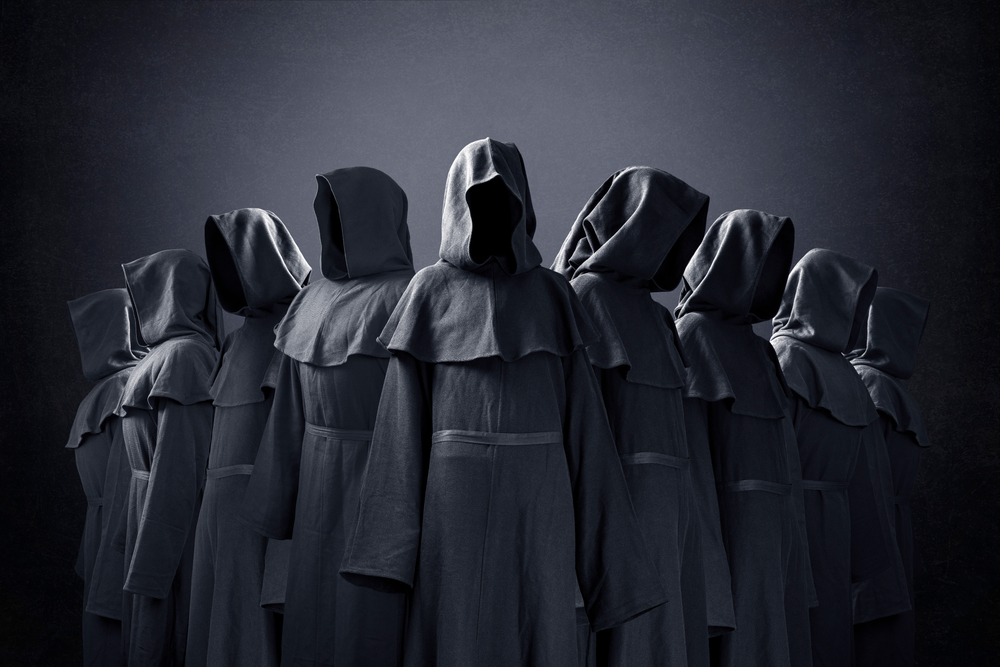 Jakub Krechowicz, Shutterstock
Jakub Krechowicz, Shutterstock
16. Look it Up in the Dictionary!
Satanic ritual exploit has several definitions. In a 1988 survey, the terms were divided up into three categories, and later expanded to include a fourth. Satanic ritual exploit can mean: cult-based exploit that has spiritual or social significance; exploit that is simply for carnal satisfaction, but uses Satanic cult rituals to intimidate the victims; psychopathological exploit where those who perform the “rituals” do so due to a mental disorder; or it could be when petty offences like vandalism that are usually committed by teenagers are attributed to cult members.
15. What’s in a Definition Anyways?
Sensationalist media favored the term Satanic ritual exploit, but by the early ‘90s its use among professionals had already started to wane. Professionals preferred more nuanced terms like child intercourse rings, ritualistic exploit, organized exploit or sadistic exploit which talked about exploit without framing it in the context of Satan worship.
14. Including But Not Limited To
While a lot of the Satanic ritual exploit associated with Satanic panic was focused around the exploit of children, there were other strange acts that were thought to have been performed by Satanic cults. These acts included necrophilia, forced ingestion of body fluids, cannibalism, wild parties, sacrificing babies, eating fetuses, desecrating Christian graves, and human sacrifice. Of course, no evidence of these claims—or the large powerful cults that performed them—was ever found.
13. Say it Ain’t So Papa Smurf!
In 1986, author Phil Philips and pastor Gary Greenwald suggested that some American popular culture was teaching kids witchcraft. The TV shows and movies that Greenwald targeted included He-Man and the Masters of the Universe, ThunderCats, E.T., and The Smurfs.
12. The Sound of Music
In 1990, the rock band Judas Priest was sued for $6.2 million by parents who alleged that their child had attempted to take his own life thanks to Judas Priest’s music. Five years before the trial, James Vance had been drinking with his friend Raymond Belknap when the two entered into taking their own lives pact. Belknap ended himself, and Vance wound up surviving his attempt. Vance’s parents alleged that Judas Priest’s music had subliminal phrases such as “do it” and “let’s be gone". The judge ruled there were no hidden messages in the music.
11. Dungeons, Dragons, and Devil Worship.
The disappearance of James Dallas Egbert III ignited a nationwide moral panic in 1979. Egbert was a child prodigy, and a fan of the new and nerdy game Dungeons and Dragons. At the time, the Christian right alleged that Dungeons and Dragons was another one of those pesky things that could lead to devil worship. When he disappeared, people were quick to say that the game caused him to have trouble distinguishing what was real and what was not. The truth of the matter is Egbert was struggling with his homosexuality and attempted to take his own life. When he failed, he ran and hid at a friend’s house while the nation speculated widely on what happened to him. Sadly, Egbert did manage to take his own life a year later, in 1980. This incident sparked a made-for-TV movie—Mazes and Monsters—which stared Tom Hanks.
10. Devil Diapers
In 1982, Procter & Gamble, the makers of Pampers diapers, found themselves fielding so many calls claiming their logo was secretly a mark of the devil that they had to set up a press conference to deny it. The logo was a man in the moon surrounded by 13 stars, meant to represent the 13 original American colonies. In 1985, Procter & Gamble had make an official announcement that they weren’t funding the Church of Satan, and ultimately removed the logo from their products.
9. No Horse is Safe
No one was safe from the danger of being caught up in Satanic panic, not even beloved 1960s sitcom star, Mr. Ed. In 1986, two evangelists claimed that when you played the Mr. Ed theme song “A Horse is a Horse” backward, you could hear Satanic messages like “The Source is Satan” in the song.
8. No Tricks, No Treats
On Halloween in 1989, parents in North Carolina were given a fright. Rumors that children were going to be abducted and sacrificed flooded the town, but authorities in North Carolina never found evidence that Satanists were planning anything on Halloween.
7. Back to You, Geraldo
In 1988, Geraldo Rivera made a two-hour special for NBC to draw attention to Satan worshippers. Rivera sensationalized the story, warning viewers of a highly organized cult that was likely to be found in every American town. It attracted 20 million viewers, but savvy viewers noted that the program was put out by NBC’s entertainment division, not their news division.
6. Guilty Until Proven Innocent
Some of the people accused of Satanic ritual exploit still served or are serving long sentences, even though we know today that either the offences most likely didn’t happen, or they were targeted by overzealous law enforcement forces relying on those who stood to profit from the moral panic. Many were released by Alford plea, served their full sentences, or had their convictions overturned.
5. Modern Day Echoes
There are still occasional flare-ups of Satanic panic around the world. In Perugia, Italy, the authorities were convinced that Amanda Knox liquidated her roommate in an occult ritual. They believed this despite the fact that no evidence tied Knox to any cult, or honestly—the liquidation.
4. Burning Up
The complete and total lack of evidence never worried experts who were fanning the flames of Satanic panic. When people asked for proof of murders, the so-called-experts on Satanic ritual exploit came up with bizarre excuses, like in an instance where “Satanists” were accused of traveling with portable crematoriums to dispose of the bodies they sacrificed. People were apparently satisfied with that answer and never pointed out that the technology for a portable crematorium doesn’t exist.
3. Say It Ain’t So, Oprah!
Rivera wasn’t the only one to host a special that helped fuel the flames of Satanic panic—talk show host Oprah did it too.
2. Law and Order: Occult Offences Unit
Some law enforcement departments actually created special divisions to handle “occult offences". These law enforcement units would investigate any minor evidence of occult activity—say someone spray painting a pentagram on a wall—as possible sites of actual human sacrifice.
1. Best Seller
One of Gone Girl author Gillian Flynn’s books uses Satanic panic as the backdrop. Flynn’s second novel Dark Places deals with a character whose brother is in correctional facility accused of murdering his family for a cult. The book gives a glimpse at the very real way this hysteria ruined lives.

